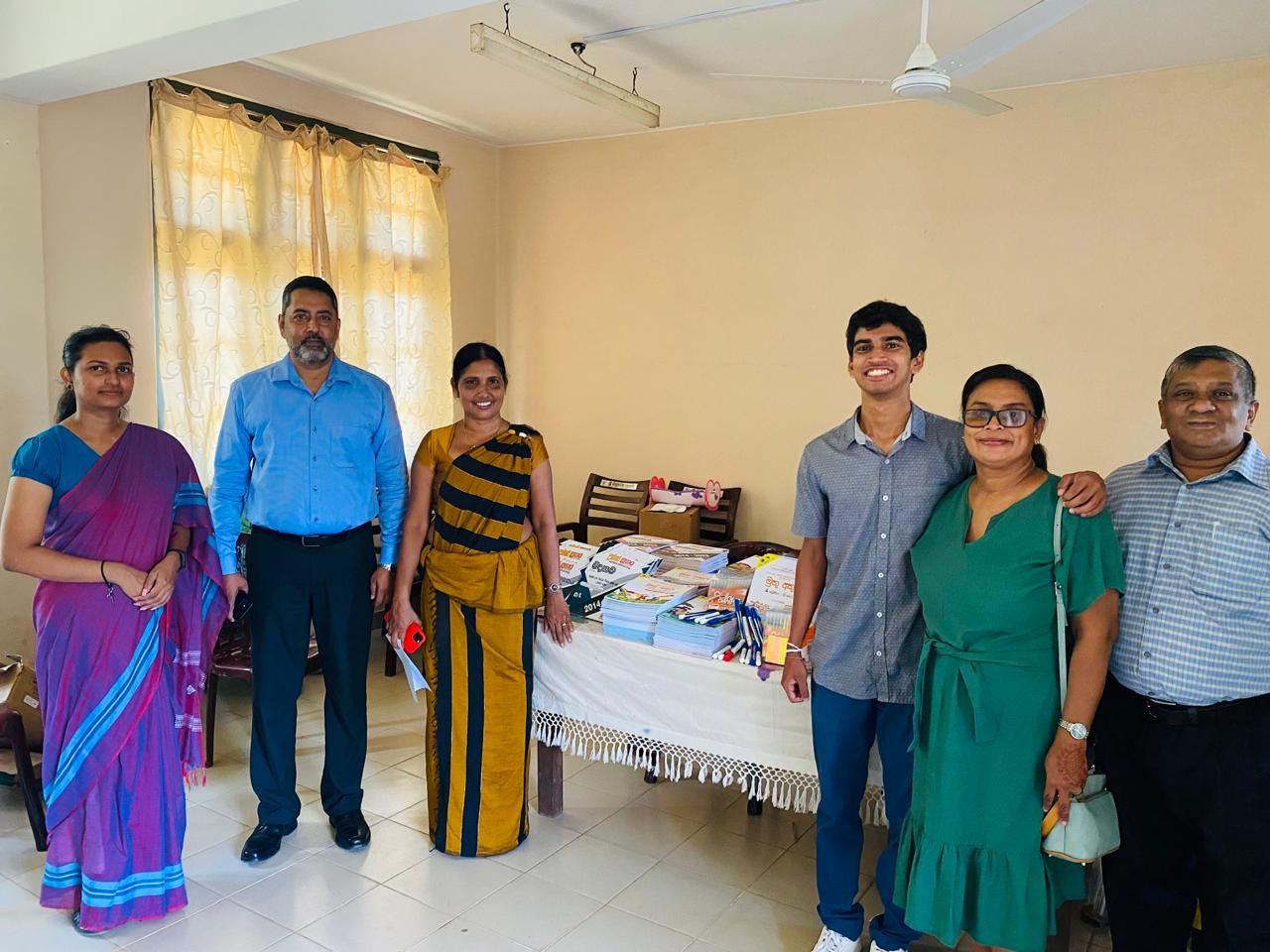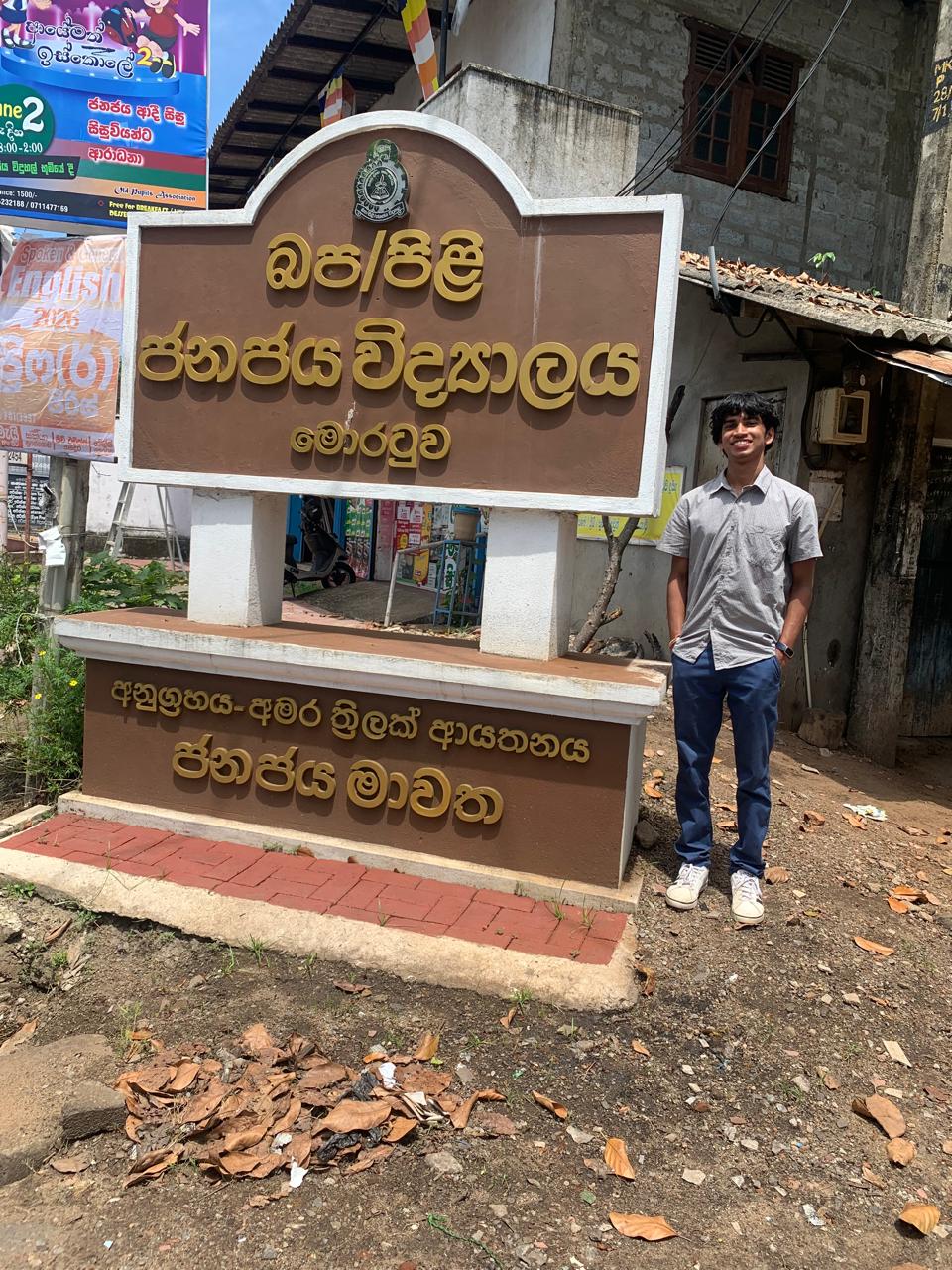CONSUMER SENTIMENT ON REAL ESTATE
Sri Lanka’s growing consumer base has a wide array of opinions regarding the status of the country’s economy as well as the prospect of finding well-paid employment in the local market. According to the Niesen Consumer Confidence Survey for the first half of 2018, the overwhelming majority of consumers (99% of respondents) were concerned about their purchasing power and had a negative outlook regarding their ability to buy the things they need.
Nevertheless, the consumer sentiment on the state of the country’s real estate market is a bit more complicated. Depending on the property category, the fluctuation of prices, new property taxes and the availability of basic amenities can have a notable impact on how property hunters view the real estate market of Sri Lanka.
As such, check out below to have a better understanding of what aspects of the local real estate market, shapes the sentiment of modern Sri Lankan property seekers.
Growing consumer demand for luxury residential properties
As the economy grows and the purchasing power of Sri Lankan’s gradually increase, the favourable consumer sentiment for luxury grade properties in Sri Lanka has shown a sharp increase in recent years. The rising popularity of such properties, according to developers, is largely driven by two main demographics. In fact, roughly 90% of the demand for such properties are driven by high net worth Sri Lankan citizens and Sri Lankan expats who are employed abroad. The overwhelming majority of these high-end properties belongs to the luxury apartment category with a significant proportion of it being condominium properties. As stated by Jones Lang LaSalle Sri Lanka (JLL), up to 85% of luxury apartment properties were bought as a future investment, with such a property offering a typical floor area that exceeds 1,800 sq ft of living space for its occupants.
The popularity of these residential property types demonstrates that the consumer sentiment of Sri Lankan property buyers has gradually shifted towards more spacious luxury living arrangements, from the traditional single-family homes.
The drive towards urbanisation
Compared to the overwhelming majority of countries in the world, Sri Lanka is still relatively a pastoral country with more than 80% of the population living outside of an urban zone. This is in stark contrast to the world average, where according to the United Nations more than 55% of the world’s population lives in an urban area.
However, the sentiment towards urbanisation has been rapidly changing over the past five years. This trend is largely driven by the gradually increasing GDP per capita of Sri Lanka, which indicates that people are moving from low paying traditional industries, towards more high paying jobs in the manufacturing and service industries that are located in and around the urban zones of the island.
The changing landscape of real estate taxes
The new government that came into power in 2015 has brought a number of notable changes to the country’s real estate tax code that affects both foreigners and Sri Lankan citizens. Positive changes were made to relax laws that restricted land and property ownership by overseas investors. Before the changes, foreign investors, those who were buying a leasehold property had to pay an unusually high tax, which created a negative sentiment among investors who were hoping to invest in the local real estate market. However, due to the progressive changes, foreign nationals buying land in Sri Lanka can now become 49% shareholders of a leasehold. Investors can also purchase residential properties with a leasehold of up to 99 years, which will only have a minimal tax fee.
Nevertheless, the government has also done changes to the Inland Revenue Act that saw the implementation of a new Capital Gains Tax (CGT), which has caused a negative sentiment among some local property investors. The new tax will affect the profits, gained from any transaction or investment done using capital assets, such as land, buildings, and machinery. This includes a 10% tax on the gains made from such a transaction as well as a new 15% Value Added Tax (VAT), on the sale of an apartment or a condominium property, in the local property market.







